Ways Physical Therapy Helps To Improve Vestibular Issues
Neurological conditions as well as inner ear disorders can lead to vestibular issues, including dizziness and loss of balance. Vestibular physical therapy is a key part of rehabilitation for patients with gaze disorders, or who suffer from vertigo. While it is not an instant cure, such therapy can greatly improve quality of life over time.
Fairview Rehab and Nursing Home in Queens, NY, offers outpatient and inpatient rehab therapies, including physical therapy for vestibular and other disorders. We have dedicated, professional therapists as well as state-of-the-art equipment. All patients undergo a thorough clinical assessment to better understand and treat their problem.
Please note that what follows is a general overview of the benefits of physical therapy. If you or a loved one are experiencing dizzy spells seek medical advice to understand your condition and get help.
Let’s check out how physical therapy can help people with dizziness and other balance issues.
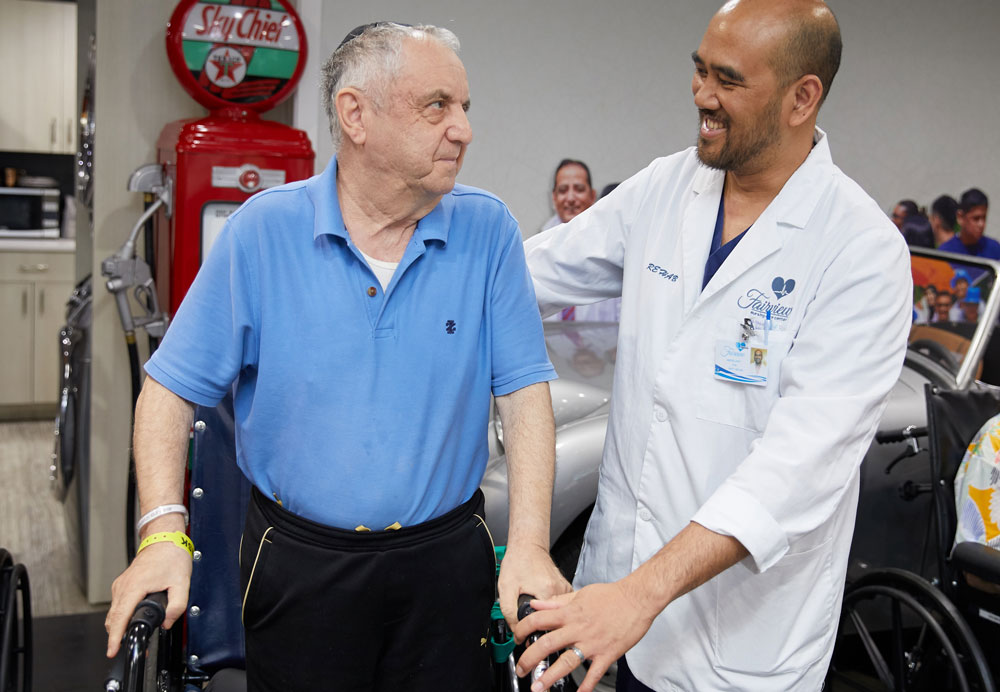
Physical Therapy For Vestibular Issues
Many people who have vertigo when they move around, tend to lead sedentary lifestyles for fear of falling. This can lead to muscle loss, lack of independence, and mental health issues.
Physical therapy seeks to boost muscle strength, stamina, and flexibility as well as confidence and self-esteem. Individualized exercise programs seek to reduce dizziness, imbalance, and the risk of a fall.
Dizziness
Signs of dizziness are:
- Unsteadiness
- Lightheadedness
- Foggy brain
- Weak muscles
- Migraines
Feeling that the room is spinning round is a common sign of dizziness. This is the most common symptom of vestibular disorders but there are a number of other signs, too.
Imbalance and lack of steadiness on the feet are often associated with vertigo, dizziness and vestibular disorders. Physical therapy can do wonders for all these vestibular disorders.
Brain fog can occur because you are constantly focusing on staying steady on your feet. As a result, you may be slow in processing information and communicating effectively.
Vision impairment, short-term memory loss, and emotional problems such as depression are further possible symptoms associated with dizziness. Symptoms can include migraines, slow-onset dementia, and motion sickness.
Strengthening muscles
Physical therapy for vestibular issues is designed to compensate for what is often a sedentary lifestyle among patients. The aim is to build up bone and muscle strength and improve flexibility, coordination, and balance.
Other physical activities – a combination of stretching, breathing, eye, and aerobic exercises, can also help people with weak muscles and improve balance. Yoga can be a useful tool in this regard, as it also helps with weakened muscles as well as with stress management.
Fairview Rehab and Nursing Home’s skilled physical therapists use different techniques and cutting-edge technologies to provide safe physical therapy for people with vestibular issues.
This article contains informational and educational materials and does not replace health or medical advice. For questions or concerns regarding your medical condition or health objectives, speak to a qualified physician or healthcare provider.
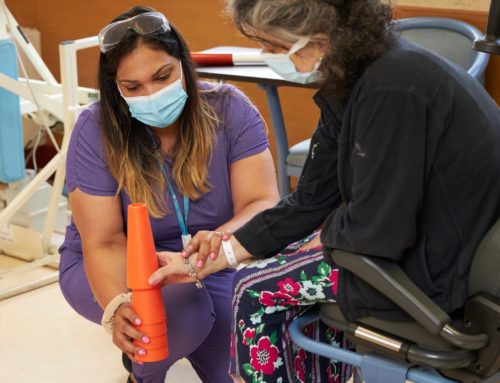

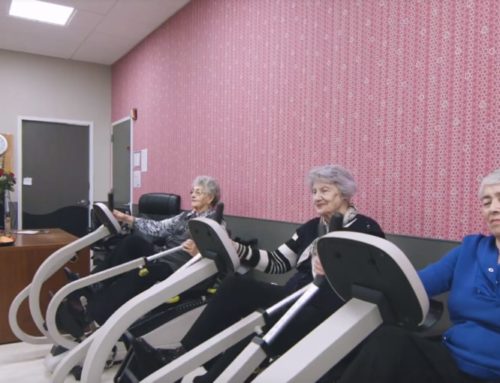
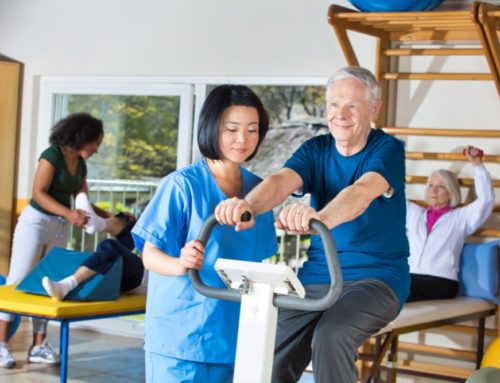
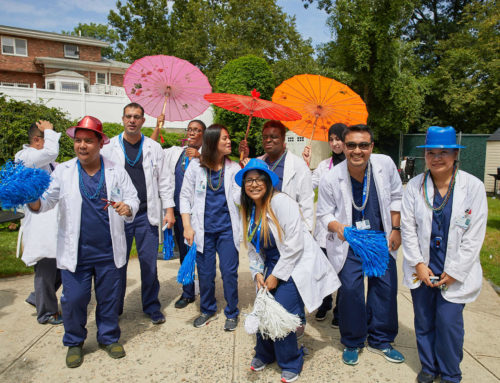

Leave A Comment